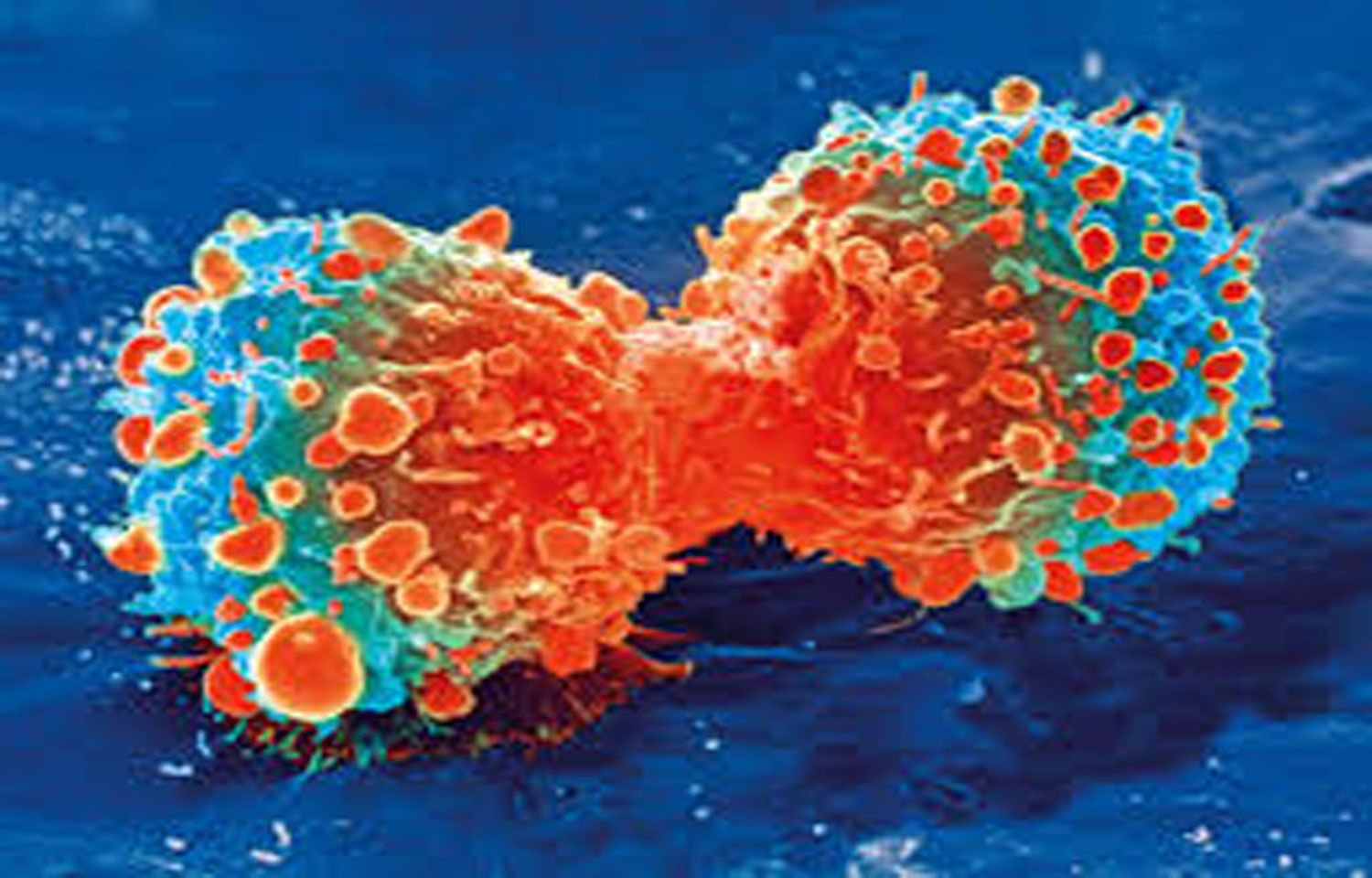A recent study reveals that the common steroid betamethasone might be used to decrease the unpleasant side effects of prostate cancer radiation treatments.
The findings were reported in the journal ‘International Journal of Molecular Sciences.’ The lab study, led by Luksana Chaiswing, PhD, assistant professor in the Department of Toxicology and Cancer Biology at the University of Kentucky College of Medicine, is the first to show that betamethasone protects normal prostate cells from radiation therapy-induced injury while making cancer cells more susceptible to the treatment.
In the United States, prostate cancer is the second highest cause of cancer mortality in males. While radiation therapy is beneficial for slowing the progression of prostate cancer, it also increases the chance of undesired side effects, such as tissue damage.
“New therapeutics targeted at preventing against natural tissue harm while simultaneously enhancing the efficiency of radiation therapy are desperately needed,” Chaiswing added. “The development of such treatments would have a significant influence on prostate cancer control and patient quality of life.”
The researchers examined over 700 FDA-approved medications for qualities such as shielding non-cancer cells from radiation therapy-induced cytotoxicity, killing prostate cancer cells, and boosting hydrogen peroxide levels in both cancer and non-cancer cells.
Betamethasone, a corticosteroid licenced for the treatment of haematological system inflammation and cancer, was one of the top five medications with all of the necessary qualities.
In normal, non-cancerous prostate cells, betamethasone raises hydrogen peroxide levels, which activates a protective protein called “RelB.”
Also Read: eep problems in older workers are linked to mental stress factors: Researchers
“The results of this investigation might lead to a novel anticancer regimen that increases the efficiency of radiation treatment by sensitising c to radiation while simultaneously shielding normal tissue from radiation-induced adverse effects,” Chaiswing explained.
Follow Medically Speaking on Twitter Instagram Facebook

